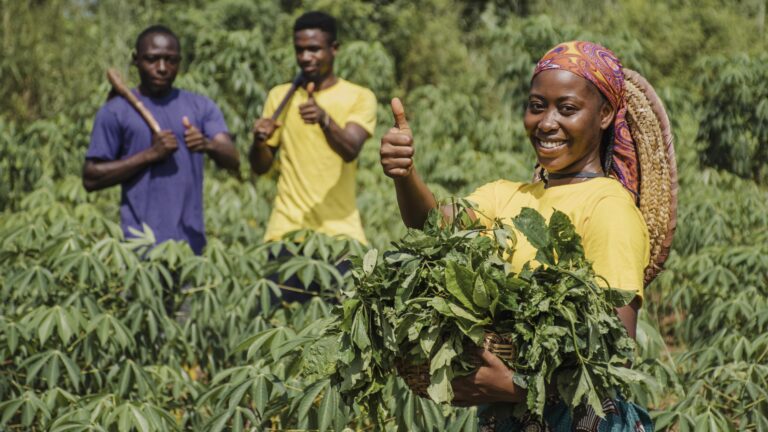Tea, a beloved beverage enjoyed by millions around the world, has a significant presence in Africa. The continent boasts a rich history of tea cultivation and production, with several countries emerging as major players in the global tea industry. In this article, we will explore the top 10 largest tea producer countries in Africa, highlighting their contributions to the thriving tea market.
- Kenya: Kenya holds the top spot as Africa’s largest tea producer and one of the leading exporters globally. The country’s high-altitude regions, such as the Rift Valley, provide ideal conditions for tea cultivation. Renowned for its premium black teas, Kenya produces an impressive range of flavors and grades, making it a significant contributor to the international tea market.
- Uganda: Uganda follows closely behind Kenya in terms of tea production. The country’s favorable climate and fertile soils facilitate the growth of high-quality tea leaves. While Uganda predominantly produces black teas, efforts are underway to explore green and specialty tea varieties. The tea industry in Uganda plays a crucial role in generating employment and contributing to the country’s economy.
- Malawi: Malawi, known as the “Warm Heart of Africa,” has established itself as a notable tea producer. The country’s tea plantations are primarily located in the Shire Highlands, where the unique combination of altitude, rainfall, and rich soil results in exceptional tea quality. Malawi is renowned for its white teas and is steadily gaining recognition for its specialty tea production.
- Tanzania: Tanzania is an emerging force in the African tea industry, with its tea production concentrated in the southern regions, including Mbeya and Mufindi. The country’s diverse climate and fertile volcanic soils create ideal conditions for tea cultivation. Tanzania produces a range of tea types, including black, green, and specialty teas, catering to both domestic and international markets.
- Zimbabwe: Zimbabwe has a long-standing tea tradition, with tea production dating back to the early 1920s. The country’s eastern highlands offer optimal conditions for growing tea, resulting in teas with distinct flavors and aromas. Zimbabwe is known for its black teas, which are favored for their rich, full-bodied characteristics.
- Rwanda: Rwanda’s tea industry has experienced remarkable growth in recent years. The country’s high-altitude tea gardens benefit from volcanic soils and a favorable climate, producing teas known for their bright color and brisk flavor. Rwanda primarily focuses on black tea production, and its teas are gaining recognition for their quality in international markets.
- Ethiopia: Ethiopia, famous for its coffee, also has a burgeoning tea industry. The country’s tea plantations are mainly situated in the southwestern regions, such as Gambela and Benishangul-Gumuz. Ethiopian tea exhibits unique flavors and is often consumed domestically. Efforts are underway to expand tea production and increase exports to international markets.
- Mozambique: Mozambique, with its abundant rainfall and fertile soils, is becoming a notable player in the African tea industry. The country primarily cultivates CTC (crush, tear, curl) tea, which is widely used in tea bags. Mozambique’s tea production contributes to the economic development of rural areas and provides employment opportunities.
- Lesotho: Despite being a small landlocked country, Lesotho has established a niche in the tea industry. The country’s high-altitude tea plantations produce unique teas, benefitting from the cool climate and well-drained soils. Lesotho’s tea production primarily caters to the domestic market but has the potential to expand in the future.
- South Africa: South Africa concludes our list of the top 10 largest tea producer countries in Africa. Although tea production in South Africa is relatively modest compared to other African nations, the country’s coastal regions, including KwaZulu-Natal and the Western Cape, are known for their tea cultivation. South African teas, such as Rooibos and Honeybush, have gained international acclaim for their distinct flavors and health benefits.
Africa is home to a vibrant and diverse tea industry, with several countries making significant contributions to global tea production. From Kenya’s premium black teas to Malawi’s delicate white teas and Rwanda’s brisk black teas, each country offers a unique flavor profile. As African tea producers continue to invest in quality improvement and explore specialty tea varieties, the continent’s role in the global tea market is set to expand further, enriching both local economies and tea enthusiasts worldwide.



